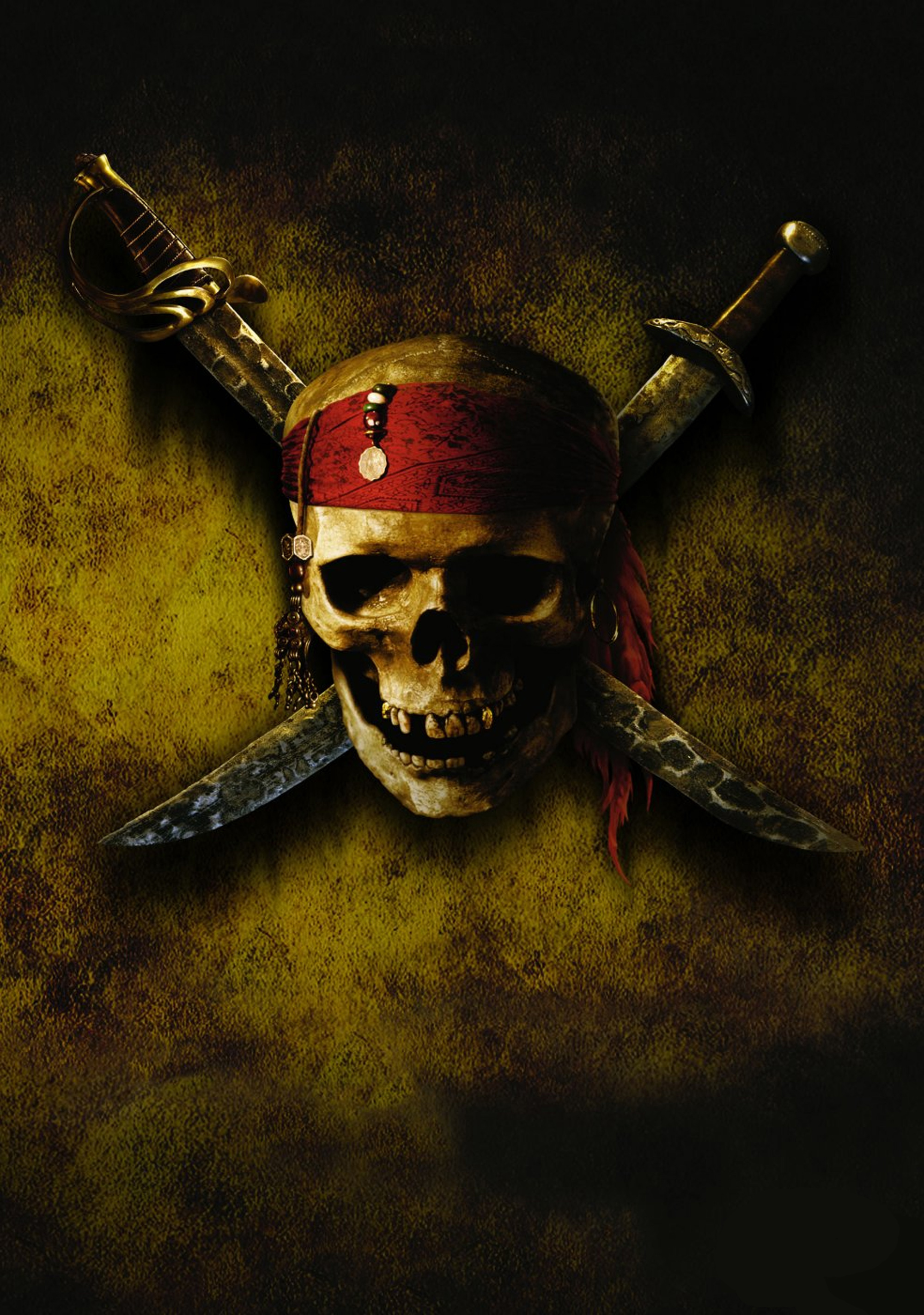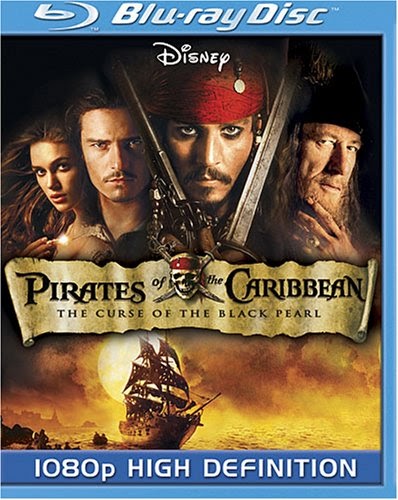


The major bone of contention on the first film was the casting of Captain Jack Sparrow. Director Gore Verbinski was also enlisted on the idea of using new technology and genre elements to bring back a genre that had disappeared. That all changed when Dick Cook, who had started his career with the company in 1970 as a lowly ride operator at Disneyland, became Disney’s chairman in 2002, and got behind the project.Ĭook hired Rossio and Elliott to write a new script (allegedly poaching them from a Spielberg-produced adaptation of the similar video game series The Curse Of Monkey Island) and enticed producer Jerry Bruckheimer with the supernatural spin on the ‘straight pirate movie’ that Disney had previously been pitching. The old-fashioned ‘pirate movie’ had been dead since 1995’s Cutthroat Island, a costly flop that closed down Carolco Pictures. This story, featuring no supernatural elements, was cooked up by three of Disney’s creative executives and was intended to be a buddy comedy with pirates.Īt this point, the studio didn’t have much faith in the film and planned to release it direct-to-video.

However, they did hire screenwriter Jay Wolpert to write a script in 2001, about prison guard Will Turner releasing Jack from prison to rescue the woman he loves from the murderous Captain Blackheart.

He had a script by Ted Elliott and Terry Rossio and wanted to cast Bill Murray, Steve Martin, or Robin Williams as Captain Jack.ĭisney wasn’t interested, and the project went away. In the 1990s, Spielberg reportedly wanted to make a film based on the ride. Ian Malcolm snarks that “If the Pirates Of The Caribbean breaks down, the pirates don’t eat the tourists.” It’s a good line, that also sneaks in a reference to Steven Spielberg’s favorite Disneyland ride. The fifth and apparently final instalment, Dead Men Tell No Tales, has had some very public battles before it has even been released, from stories about Johnny Depp’s behaviour and wrangles with Australian customs, to the recent news that the film has been stolen by scurvy hackers, who tried to get ransom money from Disney in exchange for not releasing it online. It shouldn’t shock you then, to hear that each of the movies released so far had some serious behind-the-scenes battles to make them shipshape. Off the back of this success, the sequels only got more ambitious and expensive in scale, with their use of practical effects and convoluted character dynamics serving to complicate the adventure format, with mixed results. As Michael Bolton once belted out: “This is the tale of Captain Jack Sparrow.” The Pirates Of The Caribbean film was a surprise sleeper hit in 2003, astounding the higher-ups at Disney who had long been skeptical of how a pirate movie, based on a ride at Disneyland, would appeal to audiences.


 0 kommentar(er)
0 kommentar(er)
